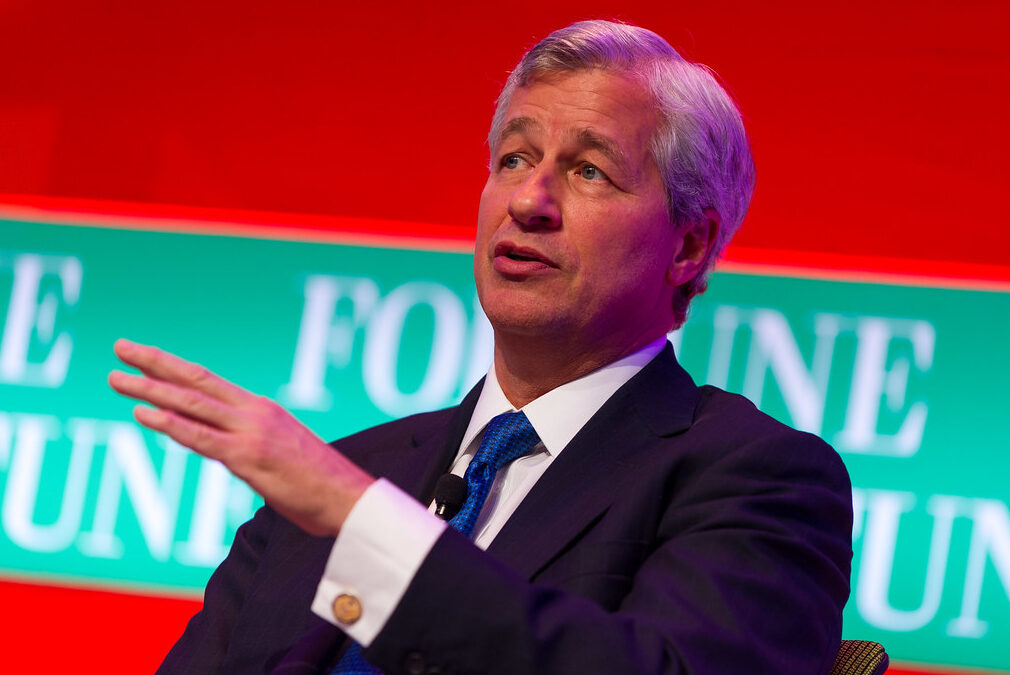ESG is on its way out. JPMorgan Chase and State Street, two of the largest financial institutions in the world, recently announced their withdrawals from one of the largest investor coalitions on climate change. Per Reuters:
The decisions are a blow to efforts to coordinate Wall Street action on tackling climate change and came after the coalition, known as Climate Action 100+, or CA100+, asked its signatories to push companies invest in to move “from words to action.”
JPMorgan’s fund business said it had decided not to renew its membership of the Climate Action 100+ investor group after “significant investment” in its investment stewardship capabilities over the last couple of years.
“The firm has built a team of 40 dedicated sustainable investing professionals, including investment stewardship specialists who also leverage one of the largest buy side research teams in the industry,” it said in a statement.
A spokesman for State Street Global Advisors, the company’s asset management arm with some $4.1 trillion under management, said new priorities recently set by CA100+ threatened its ability to act independently.
These priorities, adopted last June, call for CA100+ signatories to engage with policymakers and for some to publish details on their talks with companies they invest in, towards the goal of getting them to lower their emissions to zero on a net basis by 2050.
The changes “are not consistent with our independent approach to proxy voting and portfolio company engagement,” said State Street spokesman Randall Jensen.
And now Fox Business has reported that BlackRock is leaving the coalition also.
National Legal and Policy Center has criticized the major financial institutions on Wall Street for using their enormous power and influence to push climate alarmism and reduce investment in hydrocarbons. Their policies often have unintended and destructive consequences.
NLPC’s Corporate Integrity Project has submitted a shareholder proposal to Bank of America, Wells Fargo, and JPMorgan Chase asking each to conduct an audit of the impacts that their climate policies will have on the humanitarian and economic well-being of developing nations. Bank of America and JPMorgan Chase are trying to escape accountability by seeking permission from the SEC to keep our proposals from consideration at their annual meetings.
We take that as a sign that we’re over the target.
(Pictured above: JPMorgan Chase Chairman/CEO Jamie Dimon)









